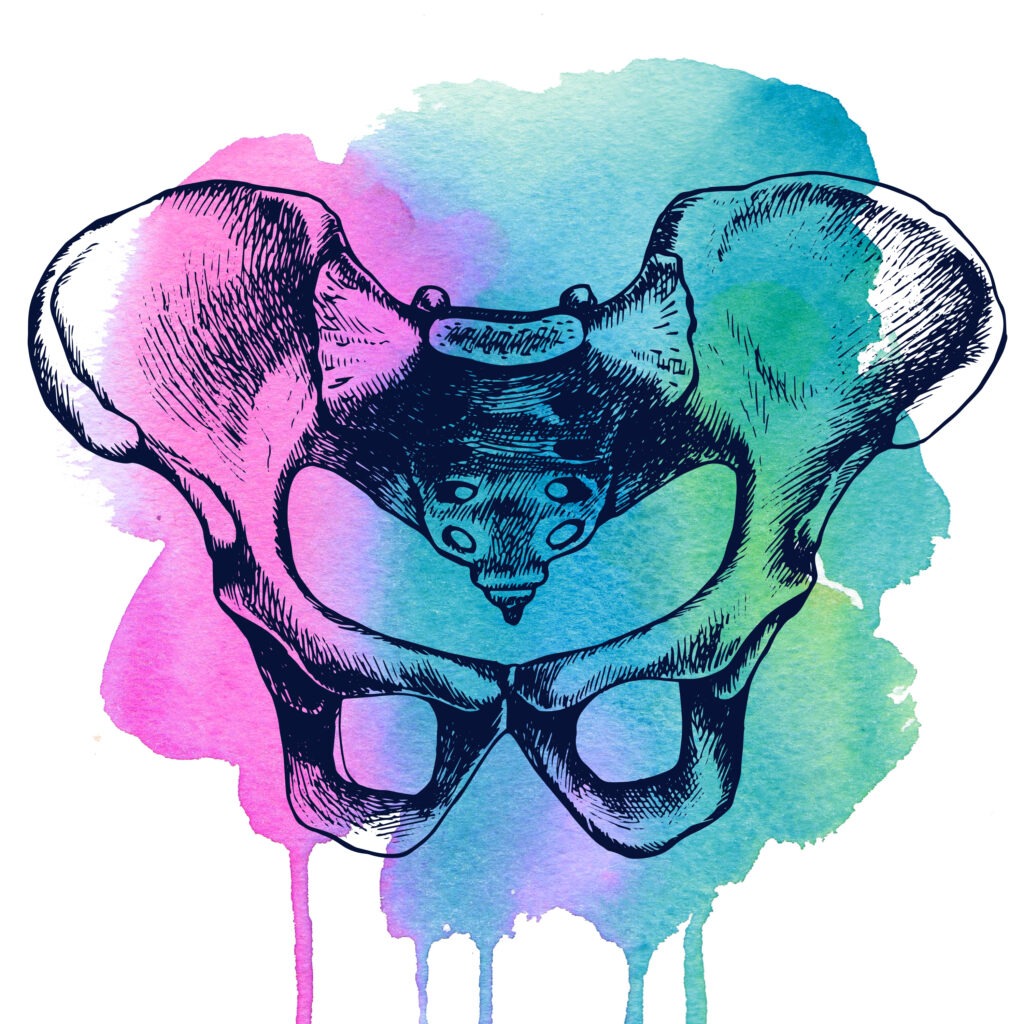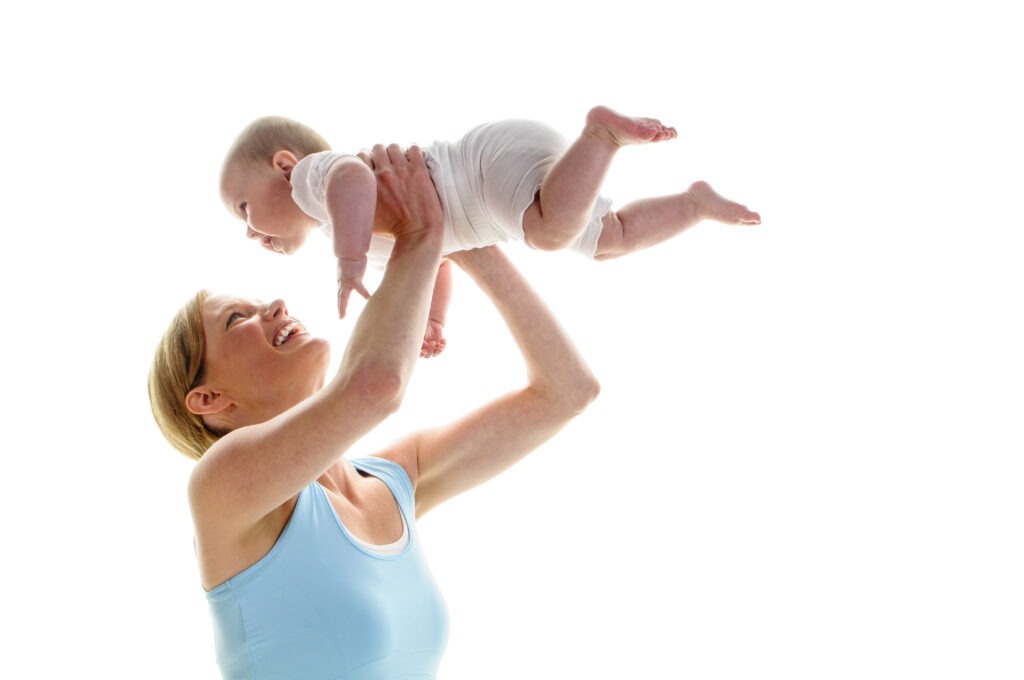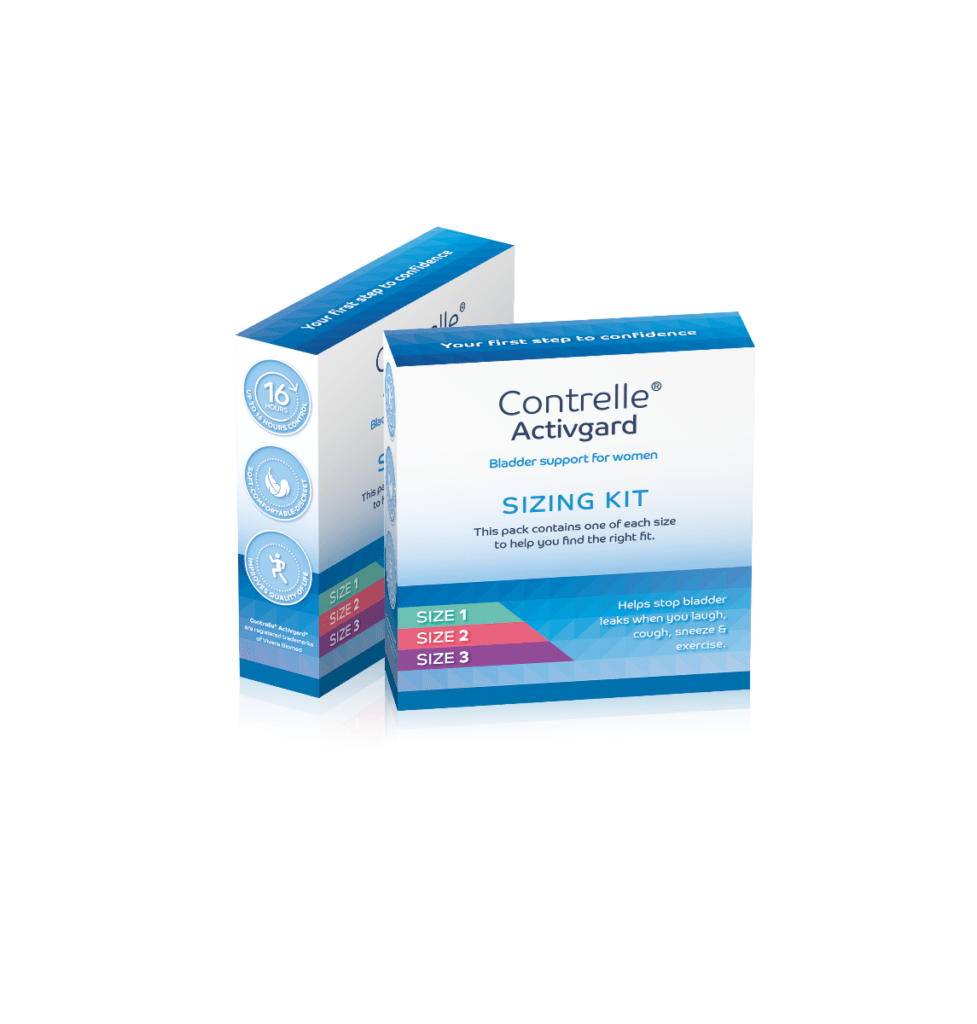In this guest blog, Davina Gordon discusses postpartum self care and how to get back in to exercise at your own pace.
This post is promoted content by Contrelle.
Take it slowly
Having a baby is a momentous occasion. It changes everything, your body, your relationships, your priorities, and how you exercise. Getting back to training after having a baby will depend on your fitness level pre-baby but there is every reason that you can return to your pre-baby level of fitness. Exercise can help you recover after childbirth, make you stronger, improve your mood, relieve stress, and help prevent postnatal depression. The key thing is to progress slowly whether you are an elite athlete, an amateur runner or you aspire to do Couch to 5K.
If you had an uncomplicated birth, you can start gentle exercise as soon as you feel able, but it is recommended that you wait until after the 6-week GP postnatal check before starting any high-impact exercise such as aerobics or running. How soon you’re ready to start exercising depends on your circumstances. It will also depend on the type of birth you had. For example, if you had a caesarean section, your recovery time might be longer.

Education and awareness are key. Labour and birth can cause physical problems that include lower back pain, pelvic girdle pain, and urinary incontinence. Diastasis Recti – where your abdominal muscles weaken and separate to accommodate the growing baby is a common but treatable condition. Urinary incontinence is also common but not normal – despite the narrative that is pedalled in the mainstream media that ‘oops moments’ are normal and part of a woman’s life.
Getting the advice you need
If you are reading this article after having a baby and experiencing any leakage, please seek help from either your GP, your health visitor, midwife, or physiotherapist. There simply is no need to put up with leaking no matter how little. It is not just part of the motherload – which is hard enough in itself. Leaking should not be a barrier to your returning to exercise either – it may just mean that you need a specific exercise programme bespoke to you and your body.

Even if you have had an uncomplicated birth, it’s worthwhile speaking to your GP about getting a referral for postnatal physiotherapy. One such company that offers this is the Mummy MOT – a comprehensive one-hour check that assesses posture, functional movement (as mums need to lift, bend and squat), abdominal muscles to check for any separation, and a pelvic floor examination to assess for pelvic floor dysfunction. You will be given a detailed report of findings and be confident you have a roadmap to getting back to safe exercise.
Innovative products to help get women moving

Aside from physiotherapy, there are some amazing products out there to help women get back to exercise if they are suffering leaks when they laugh, cough, sneeze, jump, lift or run. Contrelle Activgard is one such femtech innovation and is an easy-to-use, soft bladder support that helps stop leaks before they happen. It gently lifts and supports the bladder neck and urethra to help stop annoying leaks. You can use one a day or just when exercising. Contrelle offers protection against bladder leaks and is also affordable. Contrelle comes in three different sizes as every woman is different. Once you find your perfect size, you can just get on with living your life. Buy the sizing kit here.
A person-centred approach
It’s encouraging that the spotlight is now on women’s health – but women’s health is about much more than reproductive health. For many years, medications have been designed around the male anatomy. We need a much more person-centered approach when it comes to treating women with issues such as incontinence and prolapse. It’s good that the NICE draft guidelines advise that a three-month programme of supervised pelvic floor muscle training to help prevent pelvic floor dysfunction should be offered to women from week 20 of pregnancy. Prevention is better than cure, but it is only a piece of the much wider jigsaw.
It’s up to every woman to keep the conversation going, it’s time to ditch cutesy marketing taglines that normalise women’s suffering. It’s just not acceptable. Change is happening, but it is up to every one of us to be accountable and to keep shouting from the rooftops. We need a more joined-up approach from our health service providers, collaboration is critical, or the wheels come off.
As Dr. Stacey Rosen puts so eloquently:
‘The health of women is not a women’s problem. It is a universal, societal problem. When women are healthier, communities are healthier, families are healthier, the world is healthier.’
This post is promoted content by Contrelle.
Get in touch with us
Bladder & Bowel UK have information about a wide range of bladder and bowel conditions for children and for adults on our website. For free confidential advice and support please contact our helpline via the webform or on phone number 0161 214 4591.



Comments are closed